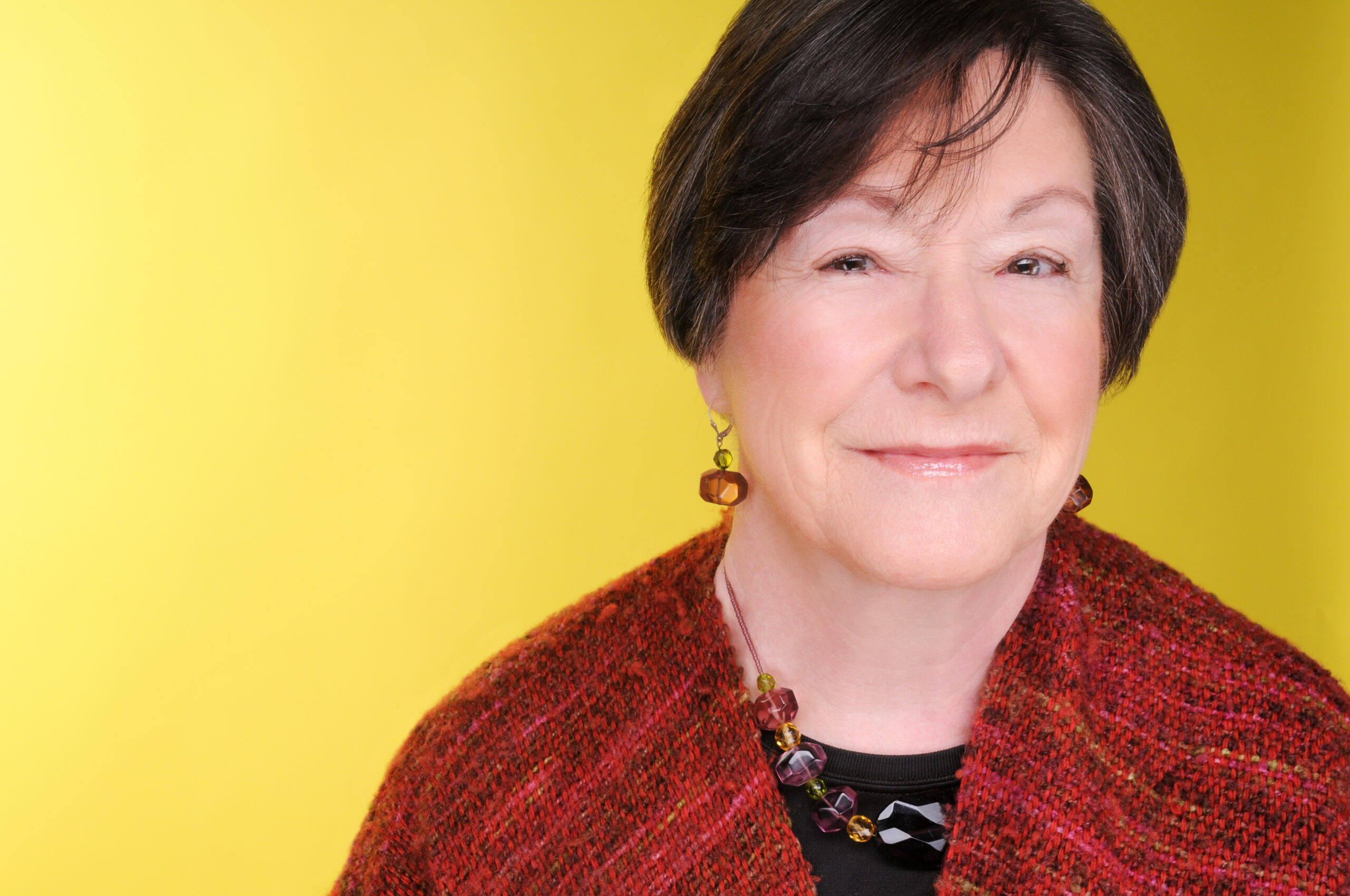Each time I get ready to travel to Israel, I make sure that my hair dryer will be able to function using Israeli electricity. I need to turn a small switch so that it can be usable in Israel. The computer and other such smart appliances do not need to switch. They only need an adapter to change the shape of the plug. They know what to do.When I travel to Israel, I also switch my life to a different mode. The long flight and the immigration laws of both countries are the “adapter” I use. When I leave the USA I am an American and I use my American passport. As I arrive in Israel, my Israeli identity is recognized, and I enter with my Israeli passport. As long as I am in Israel I am an Israeli. As I get ready to leave Israel and return to the USA, the same process takes place in reverse. Boarding on a plane in Israel I am still an Israeli, but as I land in the USA I am welcomed as an American. The flight is my adapter.

While the flight is my adapter, I also have an internal switch. It takes 10-12 hours of flight for me to switch to “Israeli mode.” The switch does not completely take me out of American mode, though. I am both an American and an Israeli and respond with both identities in both countries, although with differing levels of emphasis.
Mordecai Kaplan introduced the term “living in two civilizations” to describe Jews living in the Diaspora. However, most of us live in more than two civilizations in the way we conduct ourselves and respond to our environment.
The multiple identities reflected through multiple civilizations are also found in the Jewish Renaissance taking place in Israel. The creators and participants of this relatively new movement are secular Israelis who had previously not been interested in Jewish tradition or sources. They identified mostly as Israelis and not necessarily as Jews.
With the development of this renaissance, they are now adding a dimension to their Israeli identity. They are delighting in connecting and engaging with Jewish life alongside their secular Israeli life, without giving up their Western values of pluralism, democracy and tolerance, nor their engagement in contemporary Israeli and world cultures.
Some are creating deeper meaning in their lives by learning Jewish texts in secular or pluralistic batei midrash. Others are creating new prayers from songs and poetry and conducting Shabbat and holiday services in joyful, communal settings. Still others find their connection to Judaism by translating the prophetic mandates for social justice into their contemporary lives.
Most North American Jews do not know much about the new renaissance of Judaism that is taking place in Israel. Thus, their relationship to Israel and its religious and cultural life lacks the complexity and nuance inherent in identity formation. The Reconstructionist Movement has asked me to be our liaison with the Israeli-Jewish Renaissance is our way of creating a cultural bridge. By bringing this renaissance into dialogue with North American Jews, we hope to that our relationships to Israel can be more nuanced, varied and richer. In this way, we can truly reflect the desire to be part of multiple civilizations and identities that Kaplan found so inspiring
As I am getting ready to land in Tel Aviv and to happily accept my Israeli identity, I am not putting my American identity aside. Over the next few weeks while I am in Israel, I will be reporting on this trip. In order to do so, I will be experiencing events and encounters with the country and its people both as an Israeli, and also as an American who values the ways that her Israeli colleagues, too, are creatively and happily enriching their lives by welcoming their own participation in two principal civilizations.
If you enjoyed this, please visit our Gateways to the Israeli-Jewish Renaissance Facebook page








